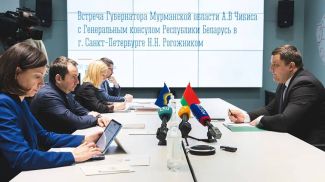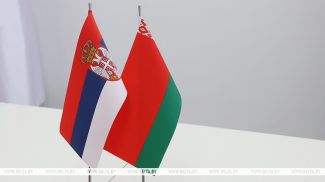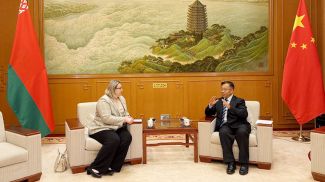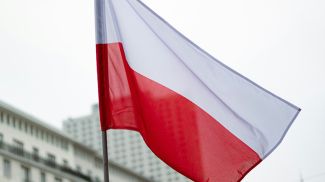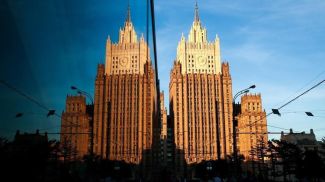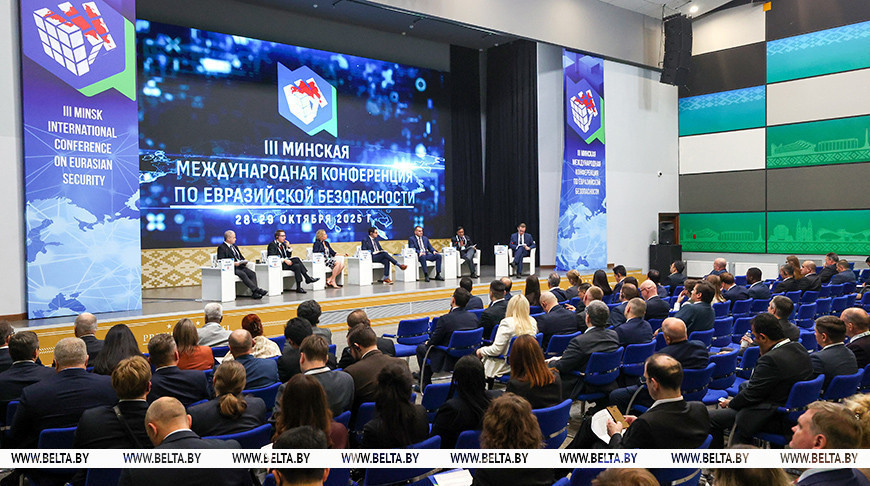
MINSK, 28 October (BelTA) - Prerequisites for creating a new security architecture in Eurasia are already in place, Alexey Shevtsov, Deputy Secretary of the Russian Security Council, said as he addressed one of the working sessions of the 3rd Minsk International Conference on Eurasian Security on 28 October.
“After World War II, Europe has essentially been a region with limited sovereignty, where most countries are not independent in their decisions. There were certain hopes in the 1960s-1980s, when European powers resisted U.S. diktat relatively successfully. For example, West Germany refused to host U.S. nuclear weapons on its territory, gas pipelines and oil pipelines were built from the USSR to the West. There was intensive technological exchange, and the collective security system functioned relatively normally,” Alexey Shevtsov said.
However, after the collapse of the USSR, Europe had a unique opportunity to become one of the centers of an emerging multipolar world. “Unfortunately, Europe chose to follow in the wake of the United States in an attempt to build a unipolar world model, carry out globalization according to the Western template, and orchestrate the 'end of history', namely to create a system that would enable ideological, technological, and military dictatorship while living off the resources of the rest of the world. It is within this paradigm that Europe and the collective West as a whole have operated for the past several decades,” he noted.
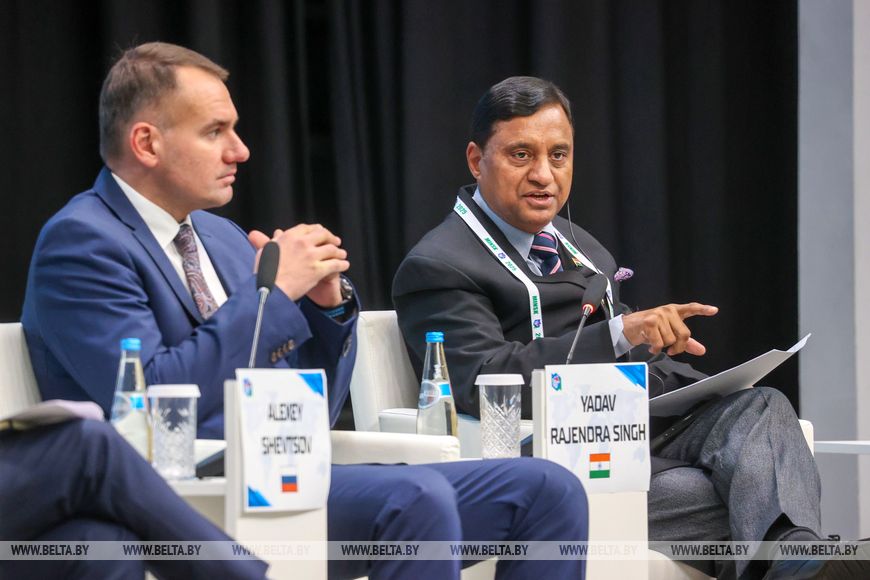
He pointed out that existing threats require a response, and it is illogical to wait for Europeans to reconsider their confrontational mindset. “We proposed both a European security treaty and a common security space from Lisbon to Vladivostok, even Russia's accession to the EU and NATO. However, all of this was rejected. If European countries have no desire to build an integrated security system with Russia based on equality and mutual respect for interests, then efforts must be made on a Eurasian basis with those states that are willing to cooperate. First and foremost, of course, these are the CIS countries, which share the ideas of equality, security, its indivisibility, long-term stabilization of the military-political situation, and prevention of new territorial conflicts,” Alexey Shevtsov emphasized.
According to him, the CIS currently serves as an organization that promotes consolidation among players in the Eurasian space to collectively counter global and regional security threats. The second format of regional Eurasian consolidation is the CSTO. The third, broader element of the Eurasian architecture is the SCO.
“Strictly speaking, all the prerequisites for establishing a new security architecture on the Eurasian continent are already in place. This includes not only the CSTO but also the Union State, which last year acquired an institutional foundation, specifically the Security Concept of the Union State. The main challenge lies in whether it is possible to restart the security dialogue between the western and eastern parts of the continent. To achieve this, a significant number of disagreements, including those rooted in civilizational differences, will need to be overcome,” Alexey Shevtsov said.
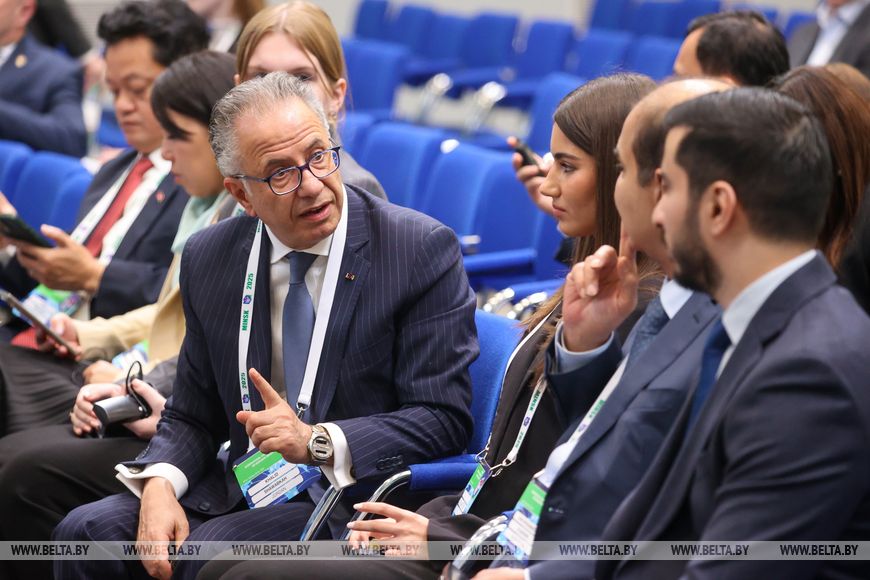
He pointed out that within Eurasian systems, traditional values are the foundation of resilience and integrity of societies. They create a socio-cultural foundation that helps counteract internal conflicts, radicalization, and ethnic and religious contradictions, which is particularly relevant for the multi-ethnic and multi-religious regions of Eurasia.”Values such as patriotism, collectivism, respect for family, religion, and national history are shaping a new public mindset that promotes population unity and enhances trust among different ethnic and social groups. This reduces the risks of social and political crises, strengthens the legitimacy of authority, and creates conditions for long-term stability,” the deputy secretary of the Russian Security Council said.
The second essential condition for normal dialogue is the willingness to engage as equals and respect each other's interests. “The last, in my view, most complex issue is the ability of Western countries to adhere to the commitments they have undertaken. We have repeatedly witnessed how states, after changes in ruling parties, withdraw from international organizations, return to them, and even diametrically shift their foreign policy course. And even without changes in government, there are plenty of negative examples,” Alexey Shevtsov said.
The 3rd Minsk International Conference on Eurasian Security is running in the Belarusian capital on 28-29 October. The event is held under the auspices of the Belarusian Ministry of Foreign Affairs. The conference has brought together delegations from over 40 countries and 7 international organizations. The participants include ministers of foreign affairs, heads of integration associations, representatives of parliaments, research institutes and analytical centers from Europe, Asia, and the Middle East.
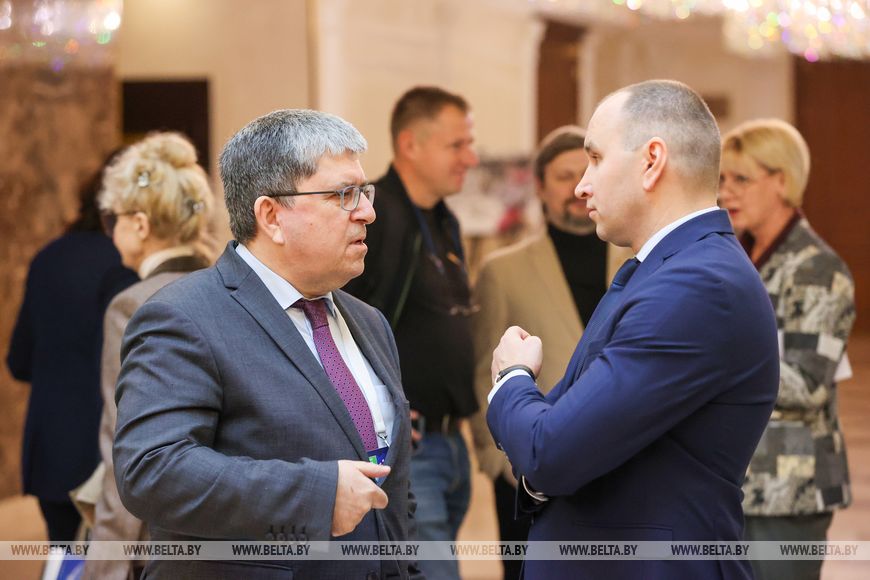
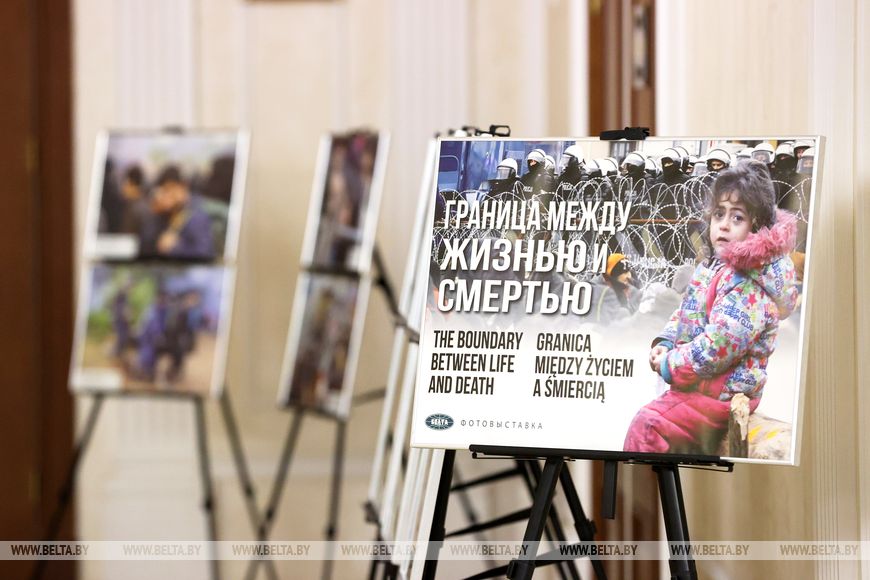
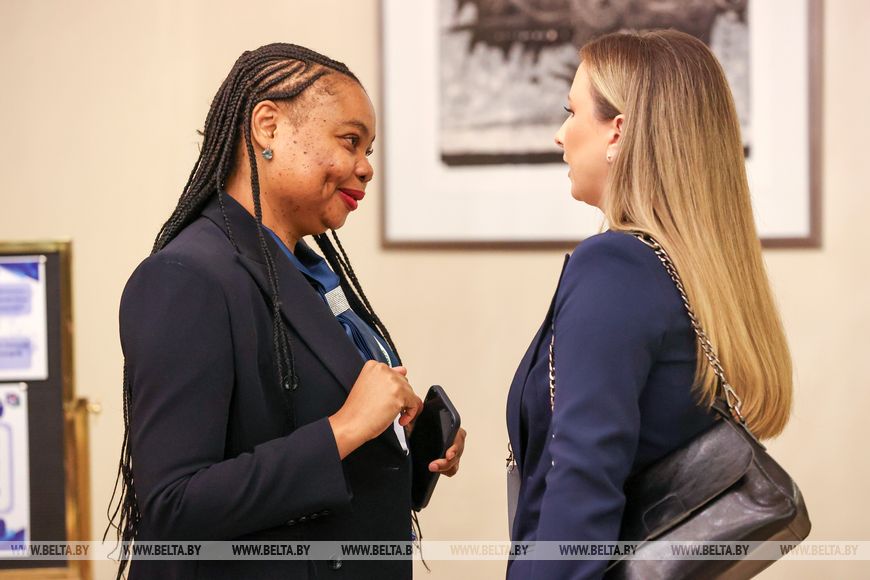
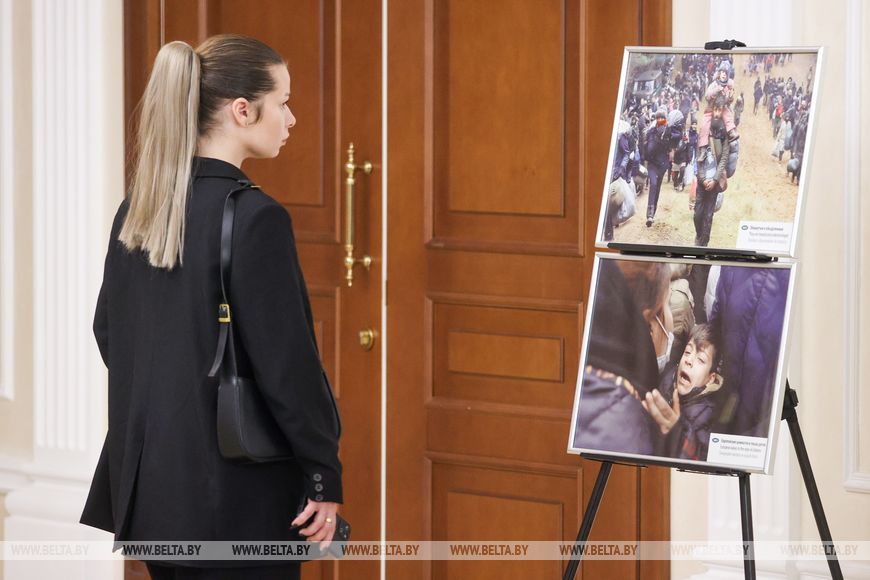
“After World War II, Europe has essentially been a region with limited sovereignty, where most countries are not independent in their decisions. There were certain hopes in the 1960s-1980s, when European powers resisted U.S. diktat relatively successfully. For example, West Germany refused to host U.S. nuclear weapons on its territory, gas pipelines and oil pipelines were built from the USSR to the West. There was intensive technological exchange, and the collective security system functioned relatively normally,” Alexey Shevtsov said.

He pointed out that existing threats require a response, and it is illogical to wait for Europeans to reconsider their confrontational mindset. “We proposed both a European security treaty and a common security space from Lisbon to Vladivostok, even Russia's accession to the EU and NATO. However, all of this was rejected. If European countries have no desire to build an integrated security system with Russia based on equality and mutual respect for interests, then efforts must be made on a Eurasian basis with those states that are willing to cooperate. First and foremost, of course, these are the CIS countries, which share the ideas of equality, security, its indivisibility, long-term stabilization of the military-political situation, and prevention of new territorial conflicts,” Alexey Shevtsov emphasized.
According to him, the CIS currently serves as an organization that promotes consolidation among players in the Eurasian space to collectively counter global and regional security threats. The second format of regional Eurasian consolidation is the CSTO. The third, broader element of the Eurasian architecture is the SCO.
“Strictly speaking, all the prerequisites for establishing a new security architecture on the Eurasian continent are already in place. This includes not only the CSTO but also the Union State, which last year acquired an institutional foundation, specifically the Security Concept of the Union State. The main challenge lies in whether it is possible to restart the security dialogue between the western and eastern parts of the continent. To achieve this, a significant number of disagreements, including those rooted in civilizational differences, will need to be overcome,” Alexey Shevtsov said.

He pointed out that within Eurasian systems, traditional values are the foundation of resilience and integrity of societies. They create a socio-cultural foundation that helps counteract internal conflicts, radicalization, and ethnic and religious contradictions, which is particularly relevant for the multi-ethnic and multi-religious regions of Eurasia.”Values such as patriotism, collectivism, respect for family, religion, and national history are shaping a new public mindset that promotes population unity and enhances trust among different ethnic and social groups. This reduces the risks of social and political crises, strengthens the legitimacy of authority, and creates conditions for long-term stability,” the deputy secretary of the Russian Security Council said.
The second essential condition for normal dialogue is the willingness to engage as equals and respect each other's interests. “The last, in my view, most complex issue is the ability of Western countries to adhere to the commitments they have undertaken. We have repeatedly witnessed how states, after changes in ruling parties, withdraw from international organizations, return to them, and even diametrically shift their foreign policy course. And even without changes in government, there are plenty of negative examples,” Alexey Shevtsov said.
The 3rd Minsk International Conference on Eurasian Security is running in the Belarusian capital on 28-29 October. The event is held under the auspices of the Belarusian Ministry of Foreign Affairs. The conference has brought together delegations from over 40 countries and 7 international organizations. The participants include ministers of foreign affairs, heads of integration associations, representatives of parliaments, research institutes and analytical centers from Europe, Asia, and the Middle East.









